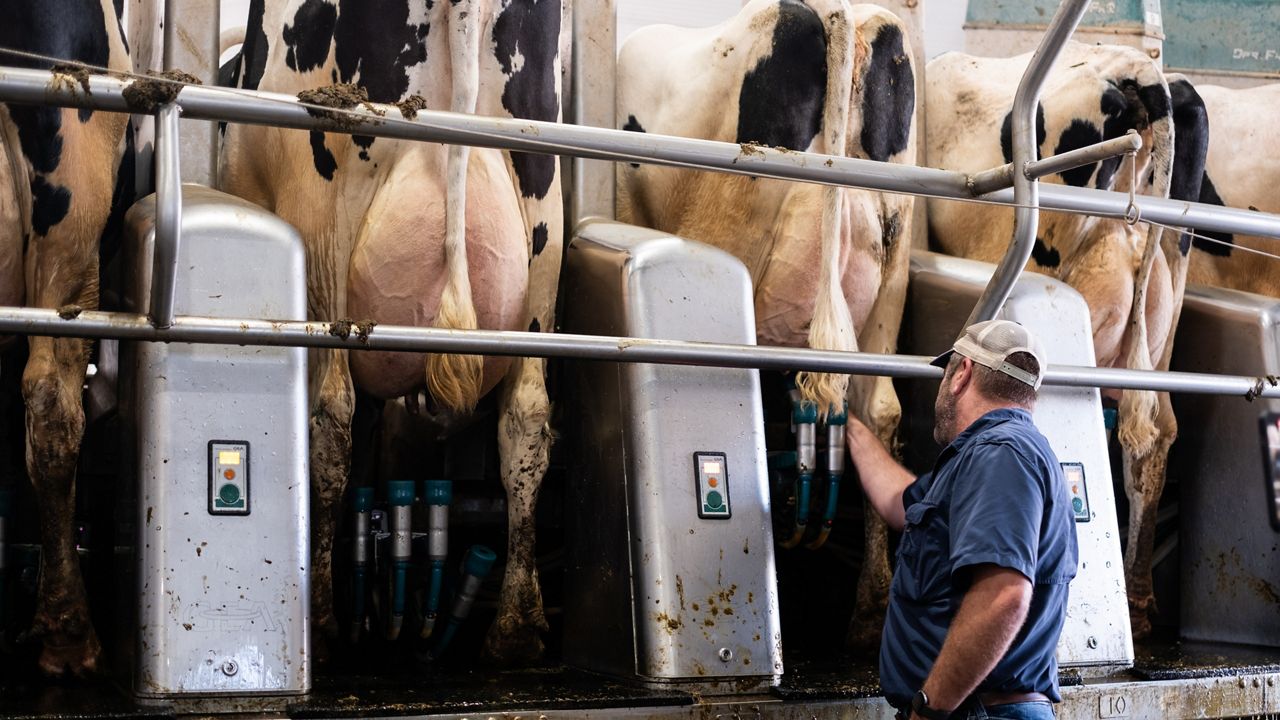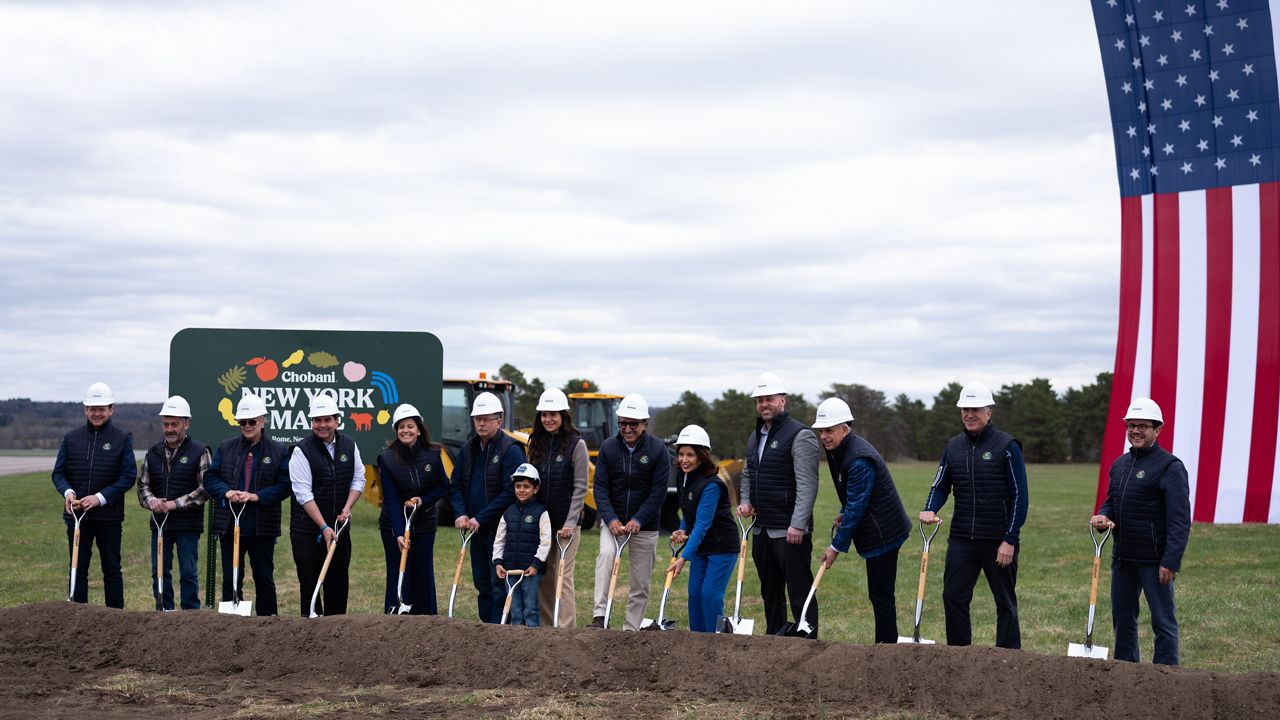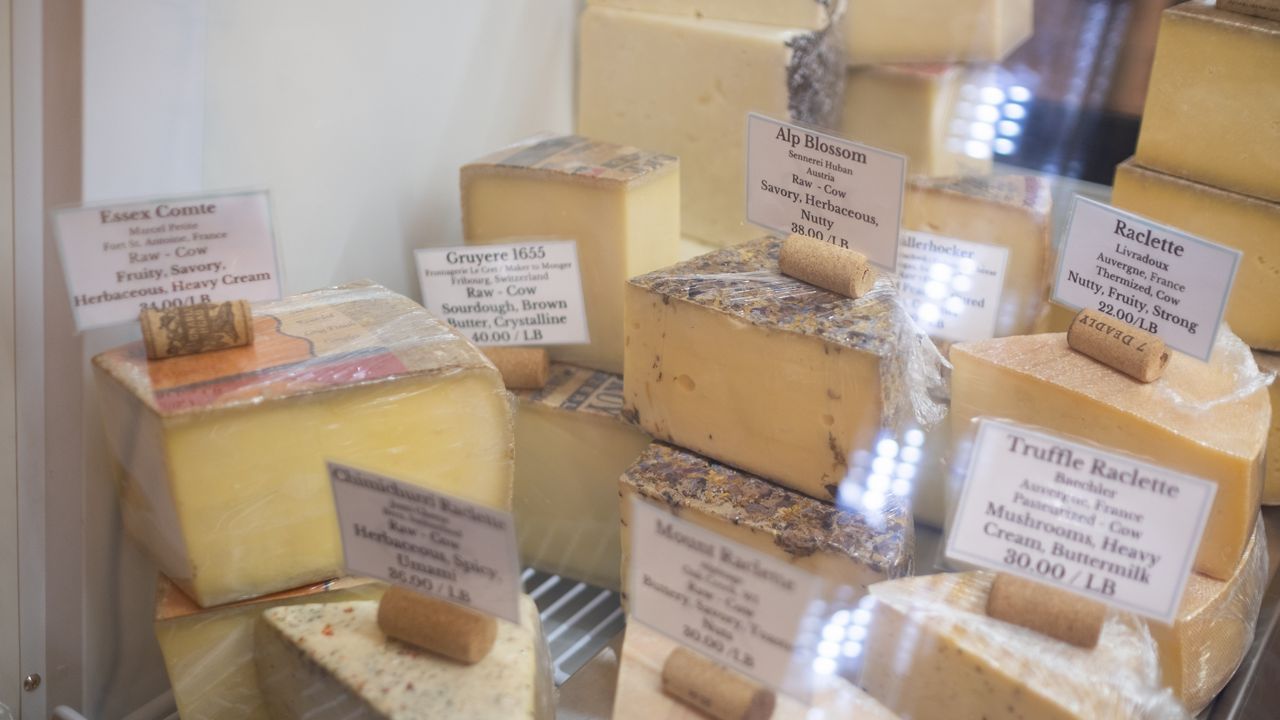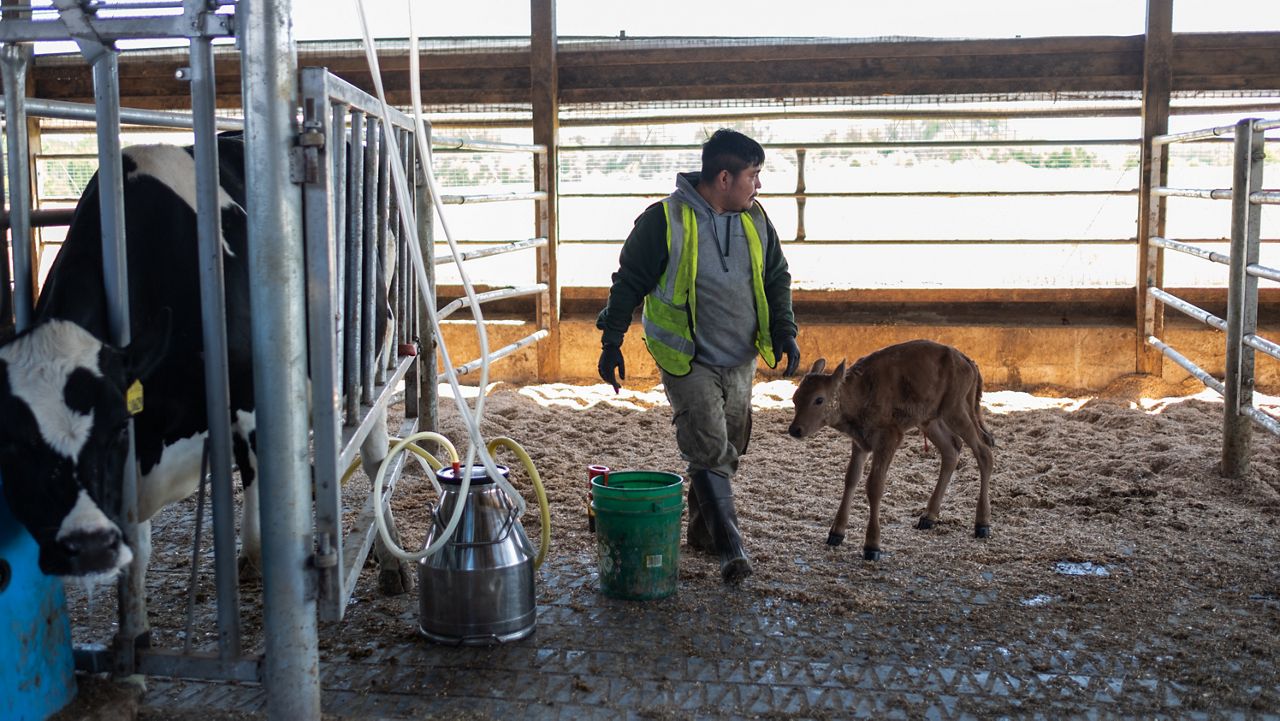Gov. Kathy Hochul pushed several initiatives to support New York’s farmers as part of her 2024 State of the State proposals, including funding to dairy farmers and creating a “one-stop shop” for the agricultural workforce.
“New York’s agriculture industry is a key part of our economy, our communities and our way of life,” Hochul said. “As the first governor from upstate New York in nearly a century, I know first-hand how critical this sector is. I’m committed to supporting the growth of agriculture and food production and am continuing to focus on policies and investments that support our farmers.”
New York State Agriculture Commissioner Richard Ball said support for farmers and the agriculture community is a necessity for New York state.
“As we move into the new year, we have truly doubled down on our work on filling the gaps in our food system, protecting the natural resources we depend on, and developing a strong generation of future leaders,” Ball said in a statement.
New York Farm Bureau President David Fisher said they remain committed to working with Hochul and the state Legislature make improvements to agriculture and family farms.
“In her State of the State, the governor promises to fight for farmers, especially as they face climate and labor challenges. We appreciate the recognition as these issues weigh heavily on New York agriculture,” Fisher said in a statement.
He said there will be more clarity in her support for these initiatives in the executive budget proposal.
“We are hopeful that she will continue to fully fund much needed programs that support environmental conservation, research, and agricultural promotion as well as the expansion of food access programs like Nourish NY and Health School Meals for All,” Fisher said.
Bolstering the dairy industry
After some dairy farmers were forced to dump milk during the pandemic and during last year’s winter storm in Western New York, Hochul is asking for $34 million in funding over two years for on-farm fluid milk storage technologies and processing infrastructure to mitigate transportation during these types of events.
Mike McMahon, a dairy farmer in Cortland, said the investment in on-farm fluid milk storage would increase storage capacity but won’t extend the time farmers can keep the milk.
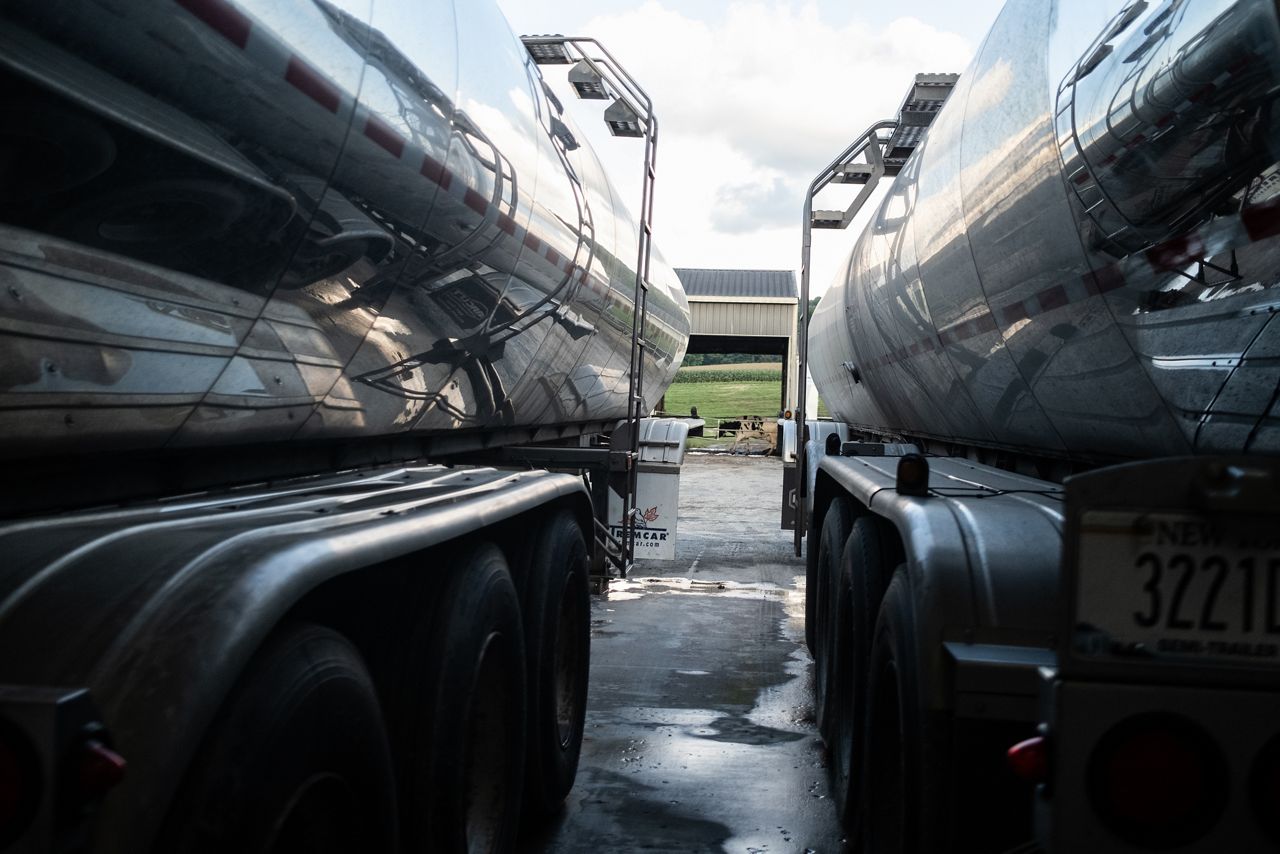
“You can only hold onto milk for a couple of days and after that, the bacteria are going to start growing because it’s so perishable that without doing intensive mitigations like aspectic milk or pasteurization, it’s still only good for a couple of days,” he said.
McMahon said it would cost millions for even one farm to implement the technology to process milk so it can be kept for longer than a few days.
Additionally, Hochul proposed $21 million for a new Alternative Waste Management and Enhanced Precision Feed Program that would help mitigate greenhouse gas emissions, sequester carbon and scale assistance for farmers.
“I’m a huge believe in [precision feed management] and I think that’s money well spent as far as other nutrient management practices that may be enhanced by that there’s a lot of technology out there but there never seems to be enough money, so I certainly applaud her for that,” said McMahon, whose farm EZ Acres served as a case study by Cornell University.
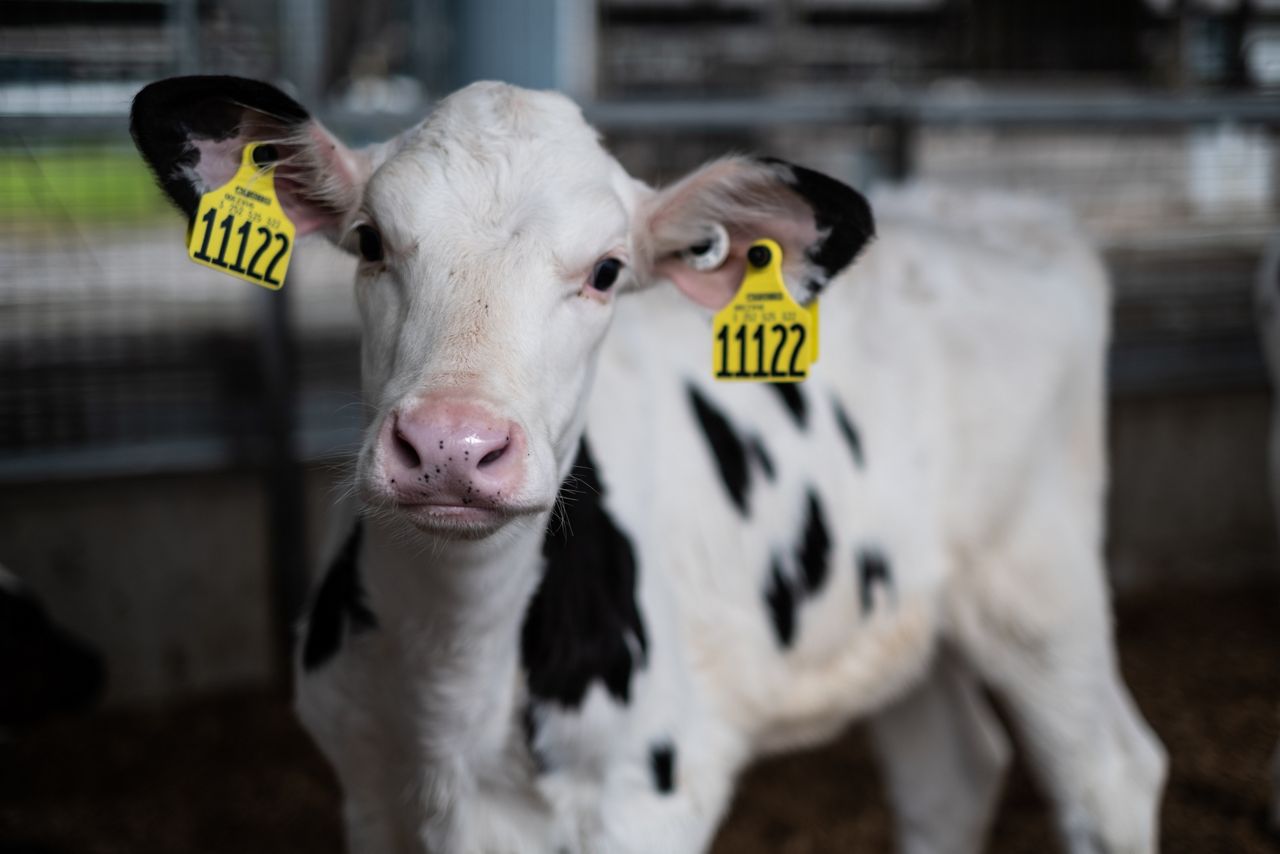
McMahon also has implemented precision feeding on his farm.
“You’re much more precisely feeding the cow to sustain her body and produce milk without giving her excess protein and things like that, which will result in excess greenhouse gases,” he said.
Agricultural workforce
Hochul has proposed a new program to support New York’s agricultural workforce, which has seen many changes including reducing the threshold for farmworker overtime.
In collaboration with Cornell University’s Agricultural Workforce Development Program, the state would develop a suite of tools, including office hours to take questions, webinars, an FAQs section, a web page to submit questions and information and a hotline for farmworkers and farmers.
It would be supported by the Department of Labor, New York State Public Employee Relations Board and the Department of Agriculture and Markets.
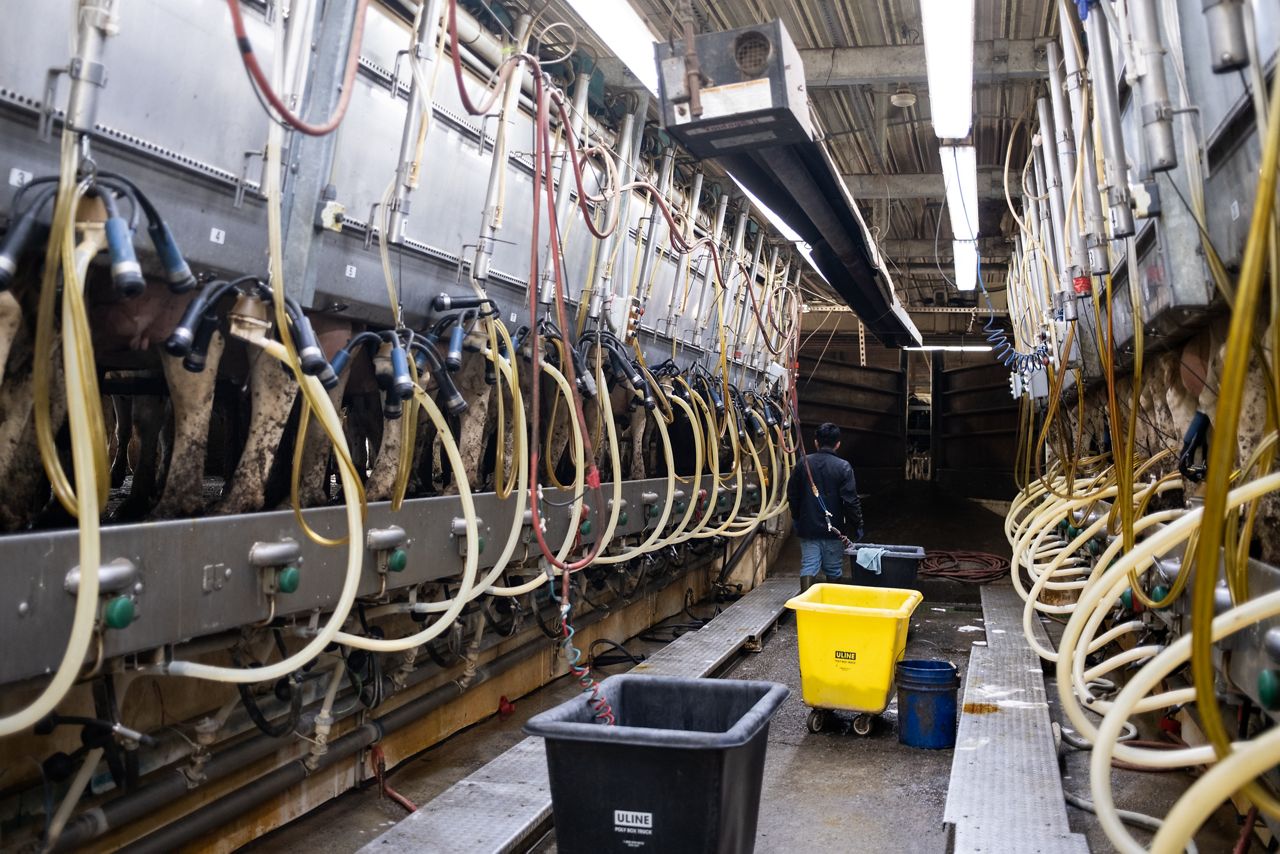
‘One health approach’
In an effort to reduce threats to humans, animals and the environment, Hochul is eyeing a “one health approach” to improve disease detection and prevention, food safety education and veterinary care optimization.
Some of these initiatives include increased engagement with New York’s Veterinary Diagnostic Laboratory Advisory Board, a new program to prevent the veterinary drug xylazine from being inappropriately used, adjustments to reimbursement and fee structure for on-farm animal health testing programs and a new animal health testing program.
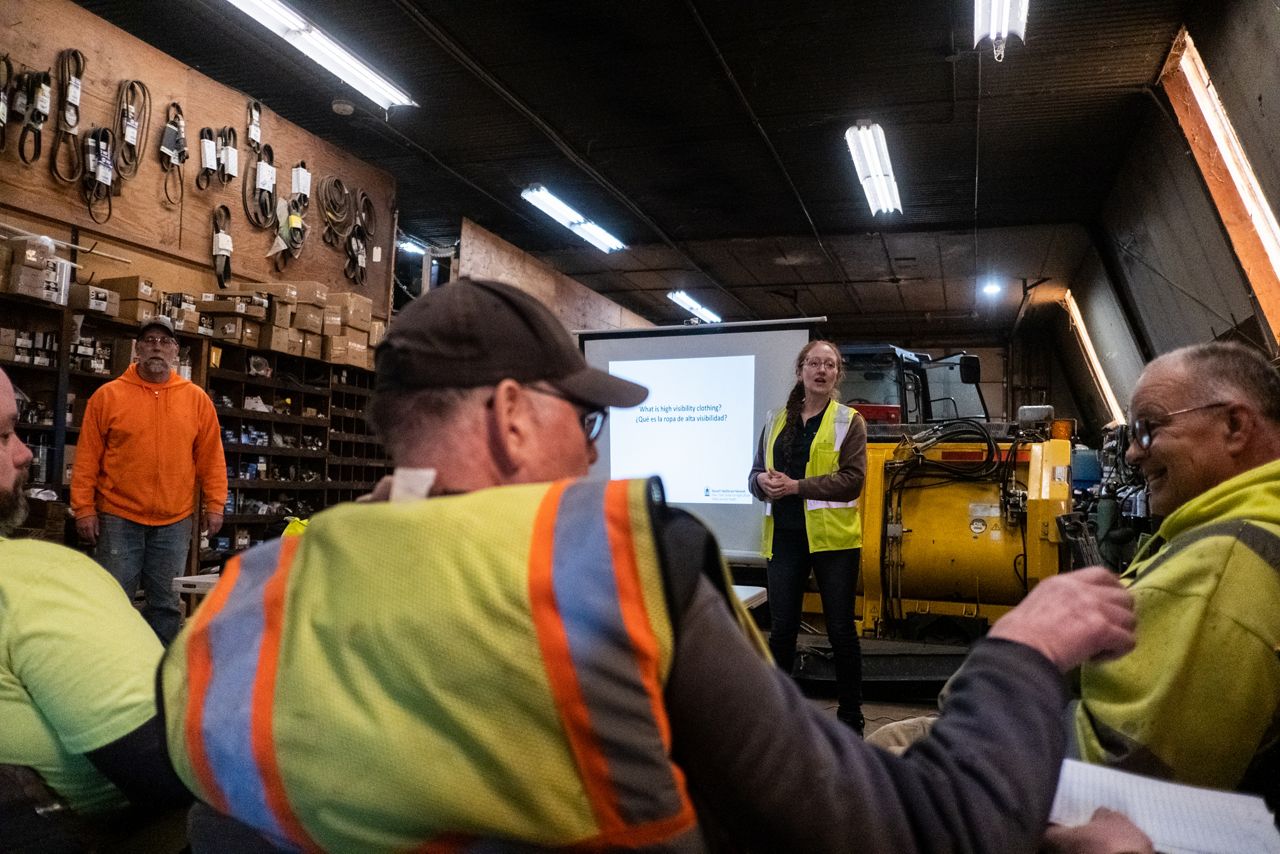
As part of this, Hochul asked for a $1 million increase in the budget for the New York Center for Agricultural Medicine and Health, which the organization has been pushing for over the plast several months.
Growing bioeconomy
Hochul wants to develop bioproduction in the agriculture and forestry sectors, including the advancement of wood products and high-value mass timber design in state-funded construction.
Under her plan, the state would invest $5 million in the promotion of commercialized hemp and another $2.25 million to strengthen integrated pest management solutions in collaboration with Cornell University. This comes on the heels of her passing the Birds and Bees Protection Act that will eventually ban the use of neonicotinoid treated corn, wheat and soybean seeds, for which there is currently no good alternative.
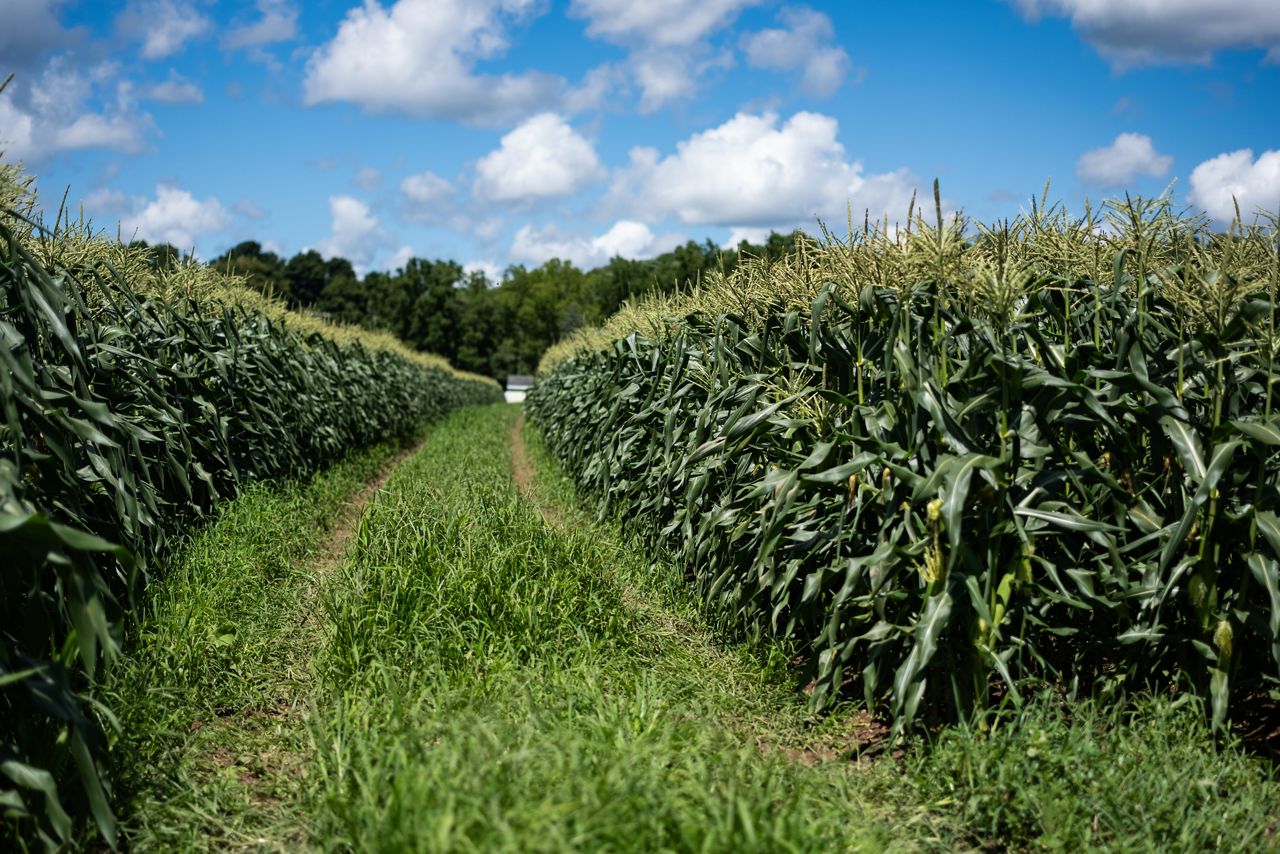
A “blue food transformation”
The final initiative announced by Hochul would improve marine agriculture, promote a healthy natural environment and provide a source of locally produced seafood to New Yorkers.
The $5 million in funding would go to farmers wanting to invest in marine dock space, processing equipment and other infrastructure needs to grow their businesses. Additionally, the agencies involved in the production and market of seafood will make changes to policies and programs impacting aquaculture.





